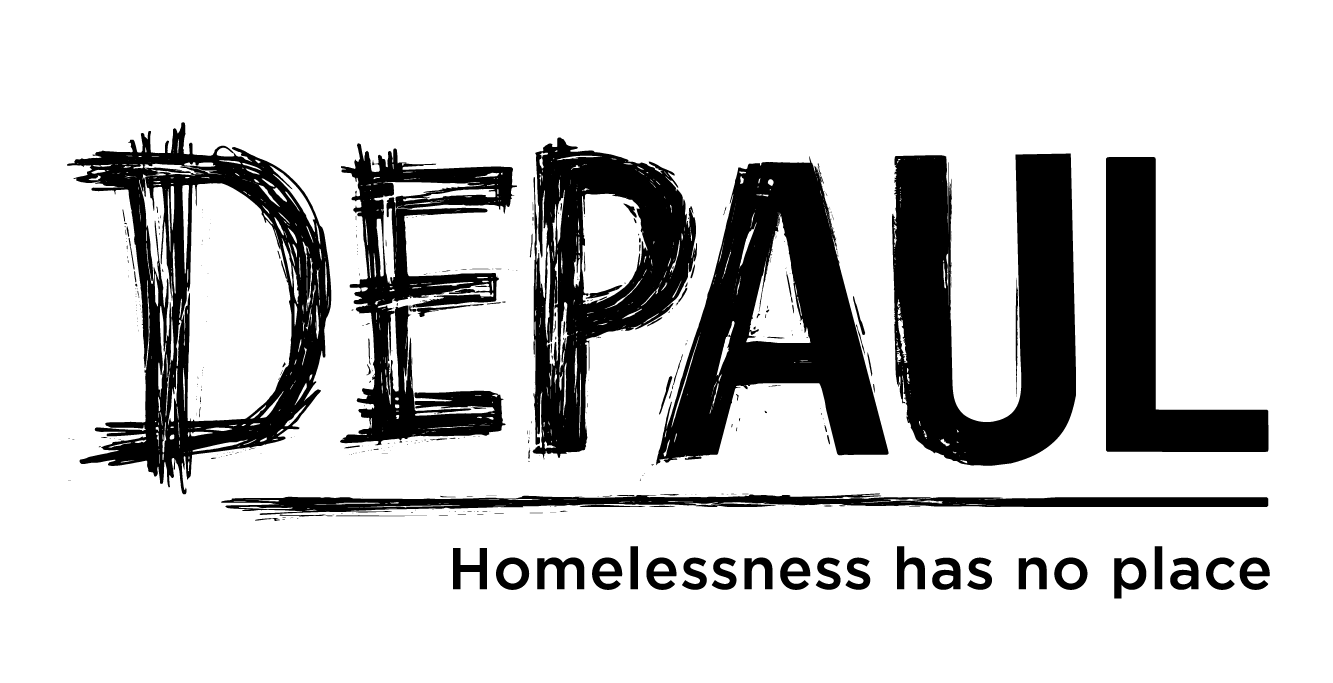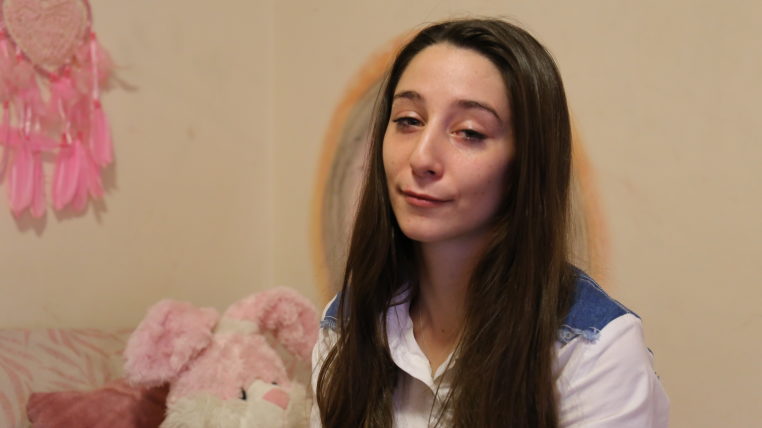feeling stuck
“The most difficult part is processing that you’re homeless. It’s hard to understand. Its waking up every morning and realising I’m not where I want to be in my life.
“You feel like a prisoner. It’s so expensive to just live. You go to view a place to rent and there’s always someone who can pay more. Getting a job or finding somewhere to stay for a homeless person isn’t as easy as it sounds. Homeless people carry a lot of trauma and mental health problems.
“I don’t think people realise actually how bad the crisis is. When you see someone on the streets and you assume that person was too lazy to get a job. When realistically, someone may have gone through so much trauma, in their childhood and growing up. That’s why they have been led into these circumstances.
Peter’s Place, A Safe PLace
Jodie is being supported by Depaul’s Peter’s Place service where she has the help and guidance of her keyworker, the mental health support worker and resettlement worker.
“Being in Peter’s Place, and the supporting staff that are here, the foundation that they have giving me to fall back on when I’m having a tough time, I couldn’t be more grateful. For the first time in my life it feels like a safe place.
“Right now I’m finding it very difficult to focus on the future. I did my Leaving Certificate all through my homeless situation and through Covid. By the end of it and I got straight As.
“Last Christmas in Peter’s Place was absolutely amazing. There was a group of girls who had never met before, there was 4 of us. We ended up just chatting and having the laughs. It was actually the first time I’ve felt stability at Christmas. I find Peter’s Place the best place to spend Christmas Day. I feel at home here.
Youth homelessness
Jodie is saddened by the homeless crisis, and by the opportunities that her peers are missing out on. And also what dangers they may face by becoming homeless.
“The homeless people seem to be getting younger. The ages are dropping. There’s so many terrible things on the street that they can turn to. At a young age, if you do turn to different things, if you’re left on the streets it can lead to very bad, very bad circumstances.
“For young people like me, I would like to see more opportunities. It can lead people to make decisions that they don’t want to make. I think there should be a lot more hostels for young people, and definitely for people with mental health issues.
Not just a number
Mostly importantly, Jodie wants people to understand that there is more to the homeless crisis than the statistic you hear about each month. Behind every number is a story.
“We’re not numbers. We’re people. We’re human beings. We’ve been through so much that has led us to be homeless. No one chose to be on the streets. You don’t make that decision. You go through situations. Family breakdowns. Anything could happen to a person.
“I think more focus needs to be put on the homeless crisis in the first place. Not a lot of people realise how bad it is. They just see people living on the street, and they don’t see the reality of people living in these circumstances. If more people saw this, more people would have sympathy for towards the people that are suffering.
“I’ve met old people in homeless accommodations who were literally kicked out of their property because they literally had no choice. They couldn’t pay rent. Because it was too expensive.
“To hear everyone’s stories, from a different perspective, and to see so many different stories and so many different circumstances that led people to the position they’re in now. They would realise that for every homeless person…
“They’re not a number, they’re a human being. And they’re not a victim, they’re a survivor.”
To support other young people like Jodie, donate today
Donate Now


